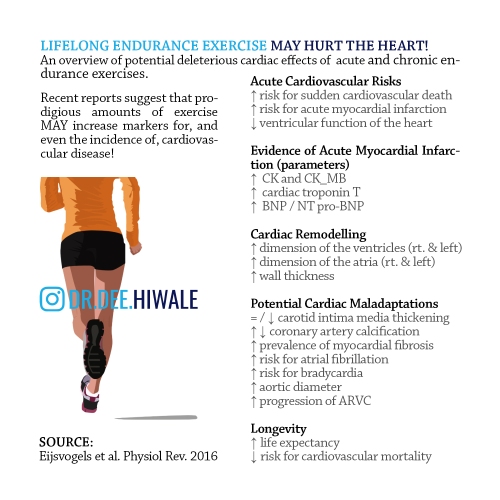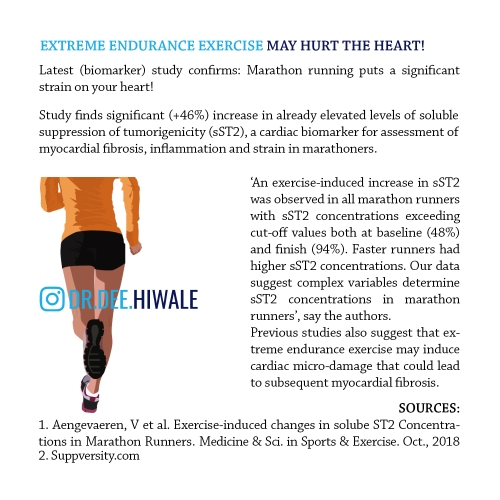 Happy International Yoga Day, to y’all, I’m sure, but…
Happy International Yoga Day, to y’all, I’m sure, but…
Yoga may have – and, in some cases definite – benefits, if you start and continue to practice yoga in the belief that it may cause weight / inches / fat. you are likely to be disappointed!
As Dr. Sharma says here, that there seems to be very ‘little in literature to suggest that yoga can help you lose weight’. He goes on to add, that this shouldn’t really come as a surprise to any open-minded, sane person, ‘given that even more vigorous forms of exercise are generally not associated with significant weight loss!’. If you don’t really believe this, look around you: overweight or fat yoga trainers are everywhere.

And, as Dr. Jose Antonio points out HERE: ‘if you look at the data from studies on exercise alone, it’s actually a poor way to lose weight or fat; the primary driver for fat loss is diet!’
Also, if you believe that by celebrating Yoga Day, the Indian government really cares about your health, have a look at infographic below.

And, finally, here (see below) is why I believe that they’ve turned yoga turned into more of an elitist pursuit!




 Few of the studies mentioned above, however, have included individuals performing high-intensity, lifelong endurance exercise. And recent reports suggest that prodigious amounts of exercise may increase markers for, and even the incidence of, cardiovascular (heart) disease. (The best evidence remains that physical activity and exercise training benefit the general population, but it is possible that prolonged and intense exercise and exercise training can adversely affect cardiac function in some individuals. This hypothesis warrants further examination). See the accompanying infographic for an overview of the potential deleterious cardiac effects of acute and chronic endurance exercises (source: Eijsvogels et al. Physiol Rev. 2016)
Few of the studies mentioned above, however, have included individuals performing high-intensity, lifelong endurance exercise. And recent reports suggest that prodigious amounts of exercise may increase markers for, and even the incidence of, cardiovascular (heart) disease. (The best evidence remains that physical activity and exercise training benefit the general population, but it is possible that prolonged and intense exercise and exercise training can adversely affect cardiac function in some individuals. This hypothesis warrants further examination). See the accompanying infographic for an overview of the potential deleterious cardiac effects of acute and chronic endurance exercises (source: Eijsvogels et al. Physiol Rev. 2016)
You must be logged in to post a comment.